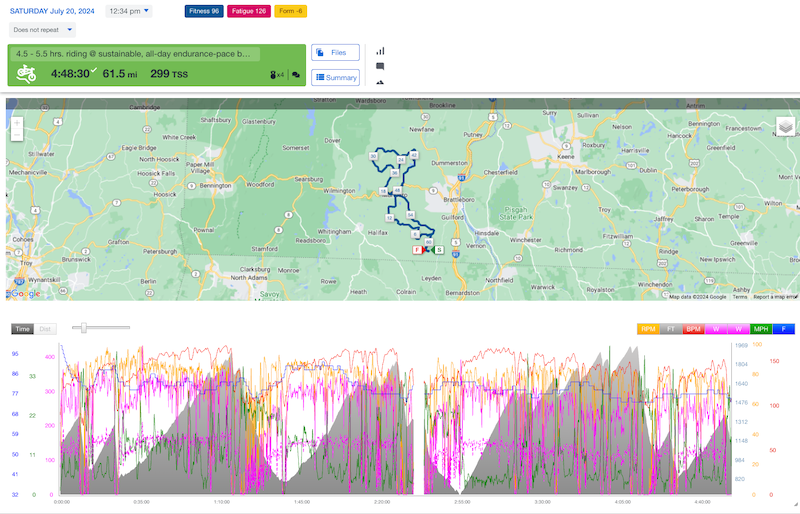Training Grounds
Many of us started cycling as kids, riding around with neighborhood friends or back and forth to a summer job. What started as a means of recreation and transportation is now a mainstay of your life, with regular training rides traversing a variety of roads, trails, paths and terrain. Our sport is unique in that respect – we don’t have a regular practice field, court, or track. Without being tied down to one physical location, you can train and execute workouts almost anywhere your bike takes you. Let’s take a look at how to approach your training relative to your local terrain and training routes.
It can be helpful to think about rides in two categories: unstructured rides and structured workouts. Both have their time and place in your regular training.
Recovery rides, group rides, long endurance training and Fartlek-style rides all fall into the unstructured category. On unstructured rides, athletes can be less concerned with finding open stretches of road for long intervals. Pace on these rides can vary naturally with changes in terrain, with little need to maintain a fixed power-output or heart rate.
| Unstructured Rides | Structured Workouts | |
|---|---|---|
| Flat terrain | Aerobic endurance; a must for recovery rides | Sprints; interval workouts; distance-based intervals |
| Rolling terrain | Group rides, Fartlek-style rides | Endurance, tempo & threshold work; TT-bike workouts |
| Climbs | Mental skills | Tempo, threshold & VO2 work; hill repeats, muscular endurance |
| Descents | Mental and technical skills | Over-speed sprints |
Structured workouts have a specific training focus – a set of tempo intervals, sprints, or hill repeats, for example. The quality of an interval workout is affected by the choice of terrain: rolling hills that are well-suited to time-trial training may not be suitable for a set of VO2 intervals, for example. Carefully-selected stretches of quiet roads or a steep hill can help a rider focus on hitting a specific power target for a set of intervals, leading to a successful workout.
Most riders have a limited selection of training routes and rides, whether due to their schedule or location. With some planning and creativity, though, it’s possible to get quality structured training done, even in urban areas. Let’s look at some examples before you get back to your own training!
A Hartford, CT-based rider using the open roads around Bradley Airport to execute some high-quality tempo intervals.
Focused on the Leadville 100, but based in New England, this rider trained on his mountain bike, linking up roads, paths and trails to log serious miles and elevation gain.
This rider in the Boston area uses a local park for her cyclo-cross training and race prep.



